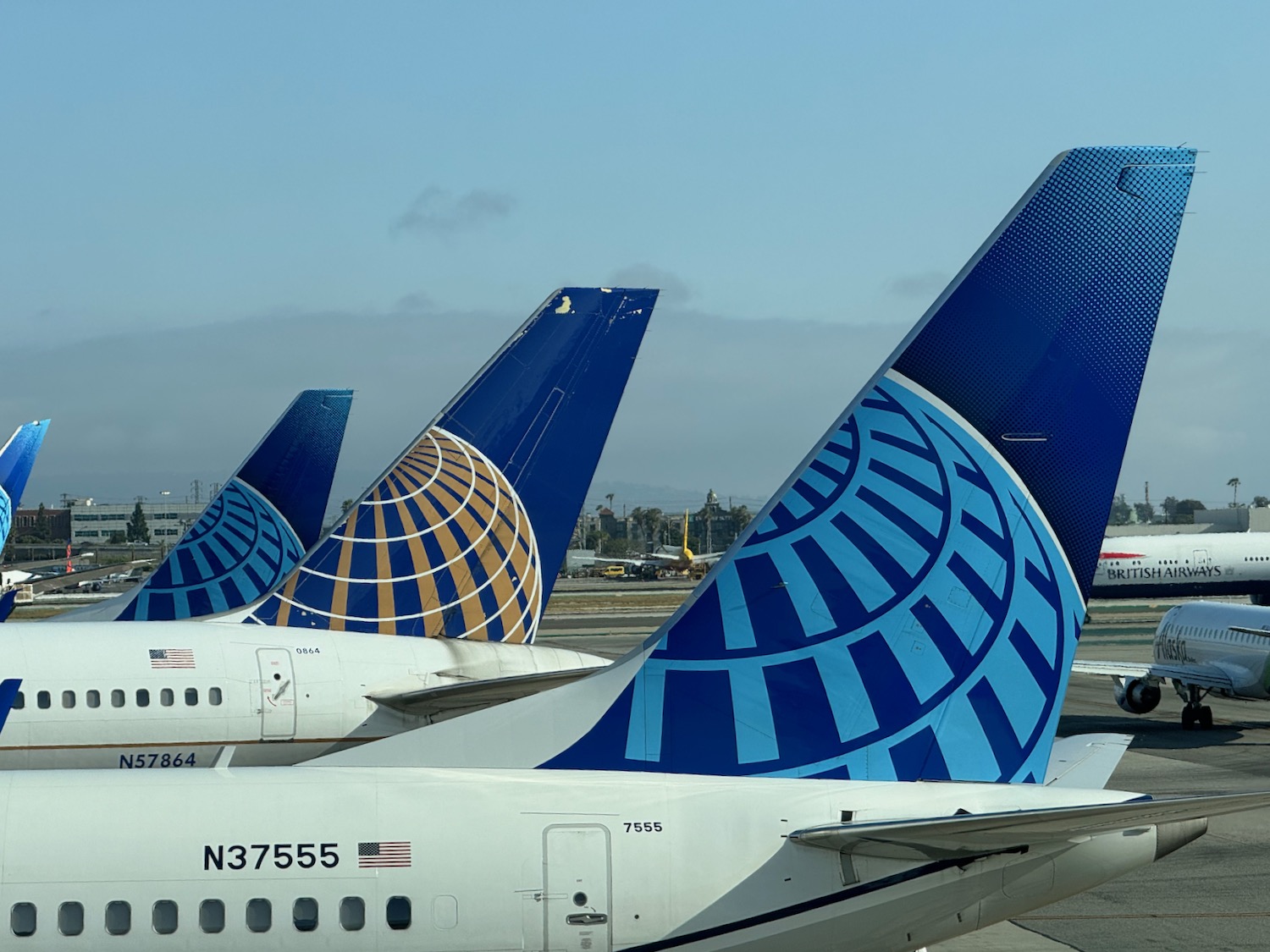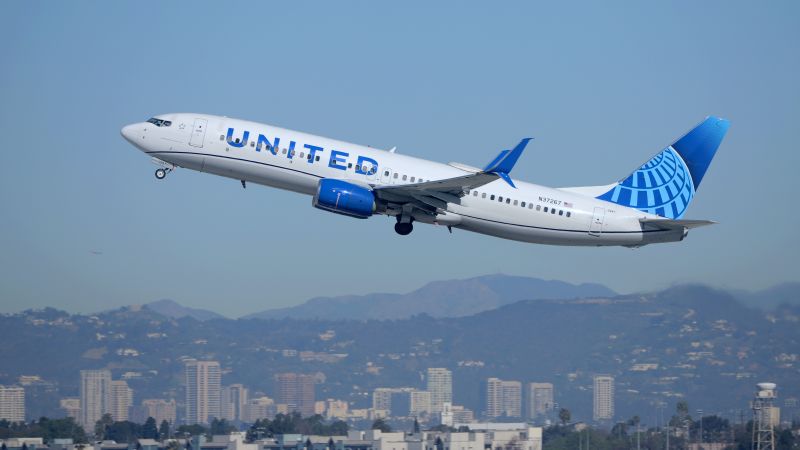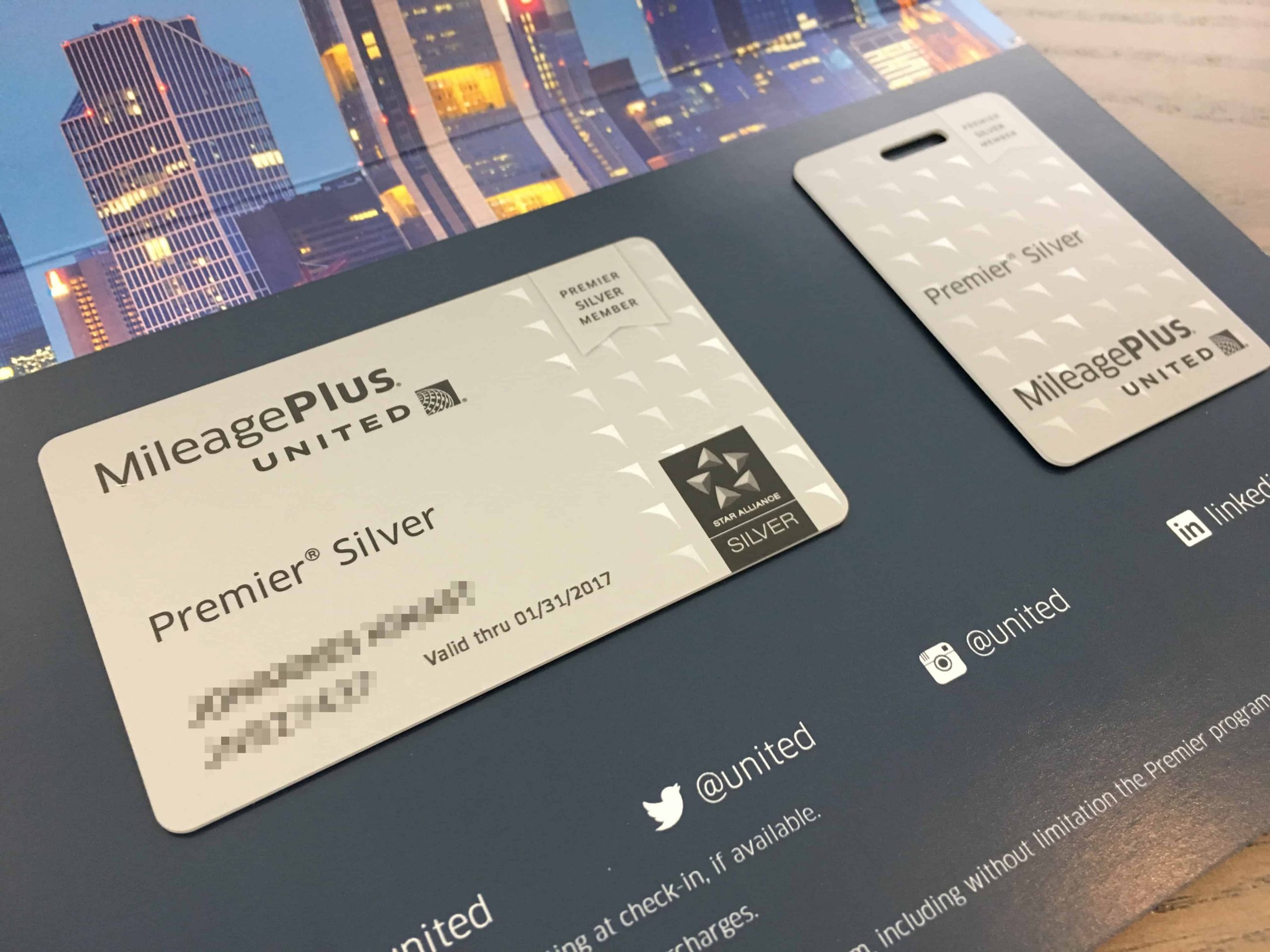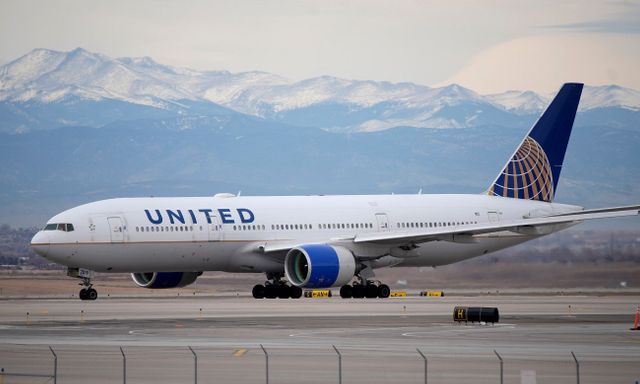United Airlines recently announced major changes to its MileagePlus loyalty program, requiring customers to spend more to achieve elite status in 2024. Aimed at optimizing profits and providing exclusivity, United has raised the status requirements by 25%, requiring either spending on a co-branded card or a combination of spending and flights. These new criteria will apply to membership status and accompanying privileges until 2026.
Here's ads banner inside a post
Transition in Loyalty Programs
Leading U.S. airlines, including United, American Airlines, and Delta Air Lines, have gradually shifted loyalty programs from mileage-based to spending-based structures. These changes are geared towards attracting high-spending customers and boosting revenue from co-branded credit cards, a critical element in airline profitability. Partner banks pay airlines when customers use these cards, increasing revenue from high-tier customers.
Premier tiers in the MileagePlus program, such as Silver, Gold, Platinum, and 1K, offer benefits like free upgrades (subject to availability), early boarding, better seat selection, and access to extra legroom seats. By raising status requirements, United aims to manage the rising number of high-spending travelers, improving the experience for frequent flyers who value exclusive perks.
Specific Changes in MileagePlus Program
For 2025, United increased requirements for Premier Qualifying Points (PQP) and Premier Qualifying Flights (PQF) at each status level:
Here's ads banner inside a post
- Premier Silver: 5,000 PQP and 15 PQF, or 6,000 PQP based on spending only. (Previously, 4,000 PQP and 12 PQF, or 5,000 PQP).
- Premier Gold: 10,000 PQP and 30 PQF, or 12,000 PQP. (Previously, 8,000 PQP and 24 PQF, or 10,000 PQP).
- Premier Platinum: 15,000 PQP and 45 PQF, or 18,000 PQP. (Previously, 12,000 PQP and 36 PQF, or 15,000 PQP).
- 1K: 22,000 PQP and 60 PQF, or 28,000 PQP. (Previously, 18,000 PQP and 54 PQF, or 24,000 PQP).
Purpose and Implications of the New Requirements
United’s MileagePlus changes aim to cater to high-spending customers while addressing growing challenges. Many elite members have expressed concerns over crowded lounges and difficulty accessing exclusive privileges that used to be limited to a few. By increasing PQP and PQF thresholds, United hopes to streamline elite membership numbers, enhancing the experience for frequent and high-spending travelers.
This strategy also allows United to maximize co-branded credit card revenue. Customers can earn PQP through spending on United-branded cards, with 1 PQP awarded for every $20 spent, or every $15 on certain cards. This encourages customers to use the card more frequently and feel more engaged with the MileagePlus program, making it easier to achieve status through spending rather than just flying.
Impact on Customers
Higher PQP and PQF thresholds could pose challenges for customers accustomed to the previous levels, particularly those who fly frequently but do not spend much via credit cards. They may need to reconsider their spending habits to attain the desired status.
Here's ads banner inside a post
With these changes, United aims to create an exclusive, more manageable elite member community, where the benefits of elite status are truly valued by high-spending individuals. Priority access to upgrades and lounges may become more meaningful to those maintaining elite status as fewer members qualify.
Future Outlook
United Airlines’ adjustments reflect a broader trend in the airline industry, where loyalty programs increasingly focus on revenue rather than flight distance. This shift mirrors airline profitability goals and the demand from high-spending customers. In the future, other airline loyalty programs may also adjust to reflect this trend.
With goals of offering a premium experience and maximizing co-branded credit card revenue, United Airlines is reshaping its MileagePlus program, a move that benefits the company while impacting the entire airline industry.

